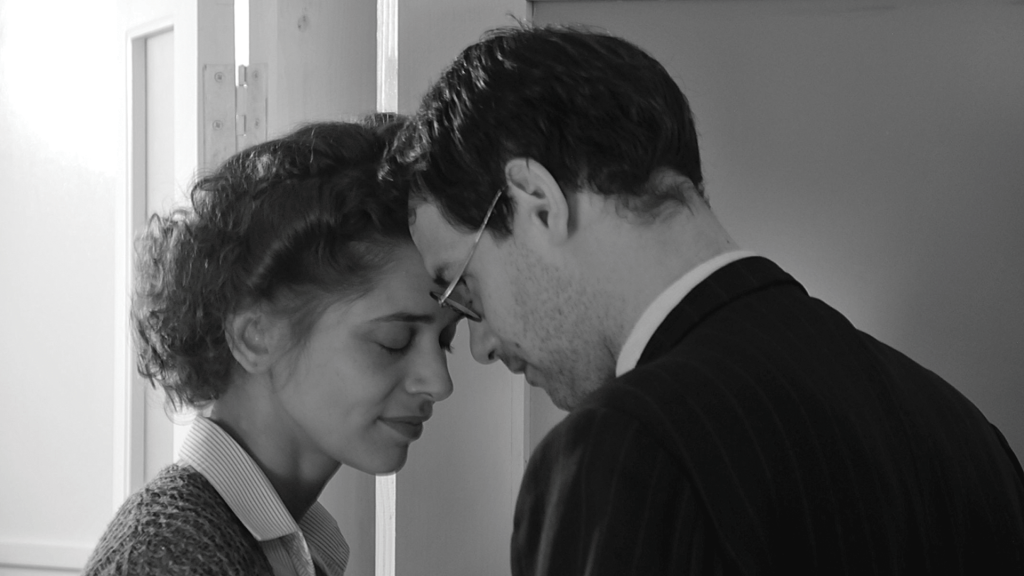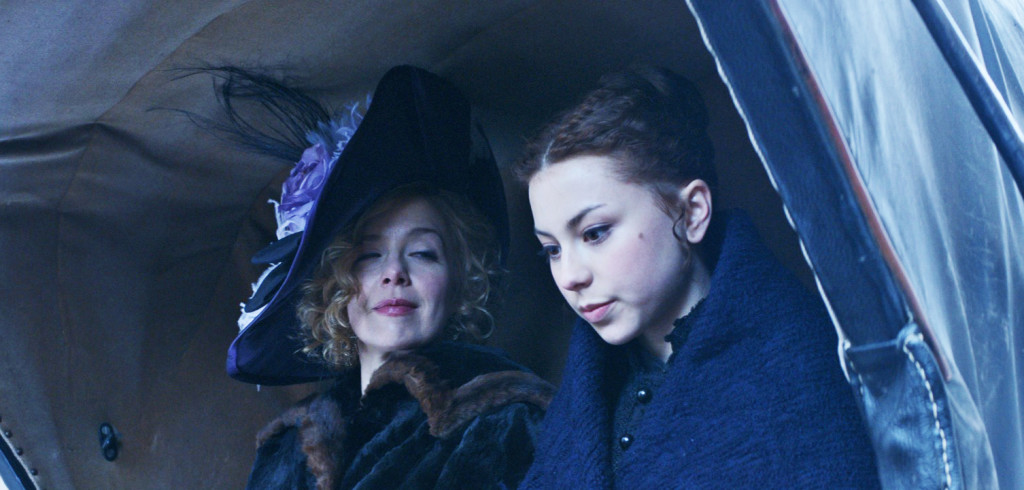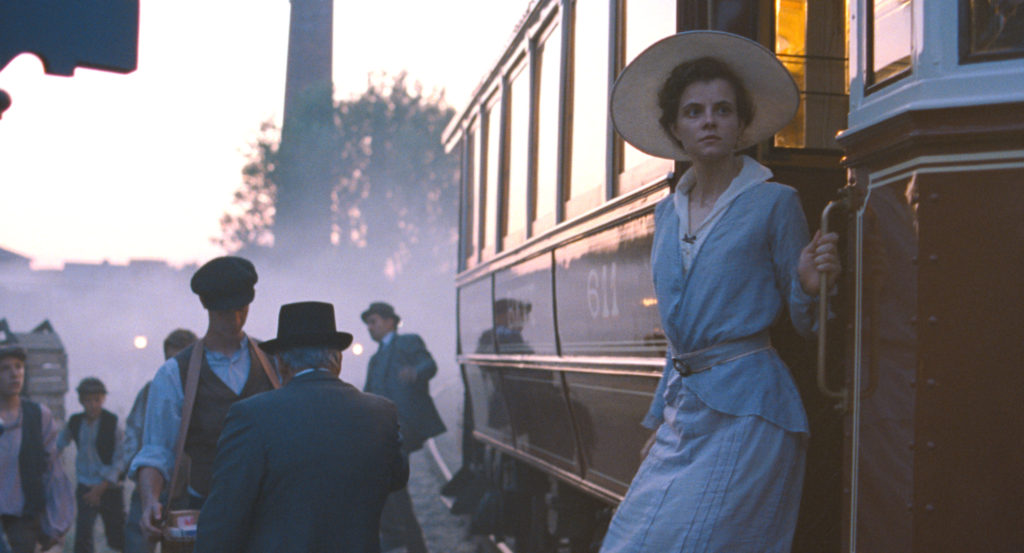
For the first hour-and-a-half of Sunset, I was convinced that I was watching the best movie of the year. Sunset is a visual masterpiece but the story’s coherence and pacing slips away in the final act.
Set only months before the outbreak of World War I, anarchy is erupting as a response to corrupt, senile empires. The young woman Írisz Leiter (Juli Jakab), who was sent to Trieste at age two when her parents died, returns to Budapest and to her parents’ prestigious millinery store. That store – still hatmaker to the elite of the Austro-Hungarian Empire – is now owned by Oszkár Brill (Vlad Ivanov), who is threatened by her reappearance.
Írisz is determined to find out more about what happened to her parents, but she becomes entangled by one more mystery after another. She encounters a former family retainer who is mad, and an aristocratic widow who may be mad; they and some sympathetic milliners leak the shocking snippets. Soon she is surprised to learn that she has a sibling – but can she find him? Then she finds out about a notorious murder – but what really happened and why? She stumbles upon an anarchist plot – but against whom and when? And an upcoming royal visit has a decidedly sinister side.
As Írisz insinuates herself in Brill’s squad of young female milliners, she plays detective, unspooling the web of mysteries. While the story is focused on Írisz’ family secrets, Sunset is gripping. When the story grows wider, into a royal perversion and an anarchist upheaval it gets less coherent and less compelling.
Sunset was written and directed by László Nemes, who burst into world cinema with the gripping, innovative and impossibly grim Son of Saul. That film won the Best Foreign Language Picture Oscar. Sunset’s cinematographer Mátyás Erdély won the American Society of Cinematographers Spotlight Award for Son of Saul.
From the painting of Budapest in the opening titles. Sunset is a feast for the eyes. I haven’t seen a film since Ida in which every frame is composed to be a stand alone piece of art. The color palette of the daytime scenes conjures a time that we know from sepia-tinged photos. The chiaroscuro in the nighttime scenes lit by early electricity and open flames is magnificent.
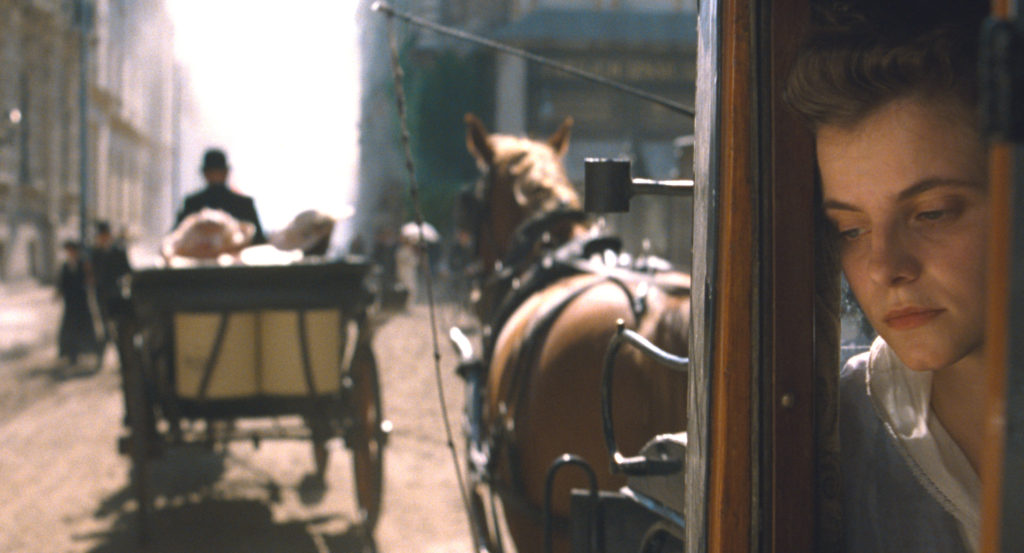
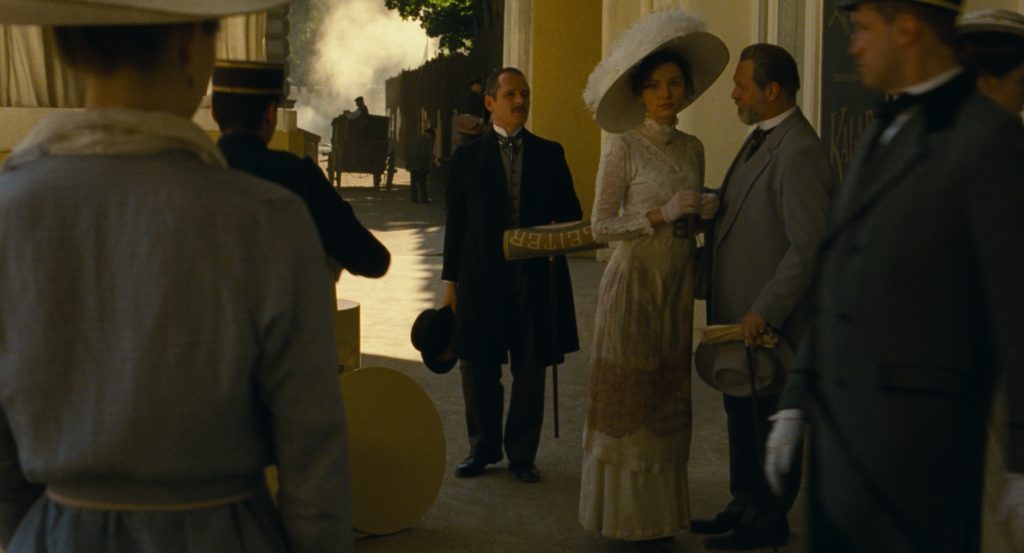
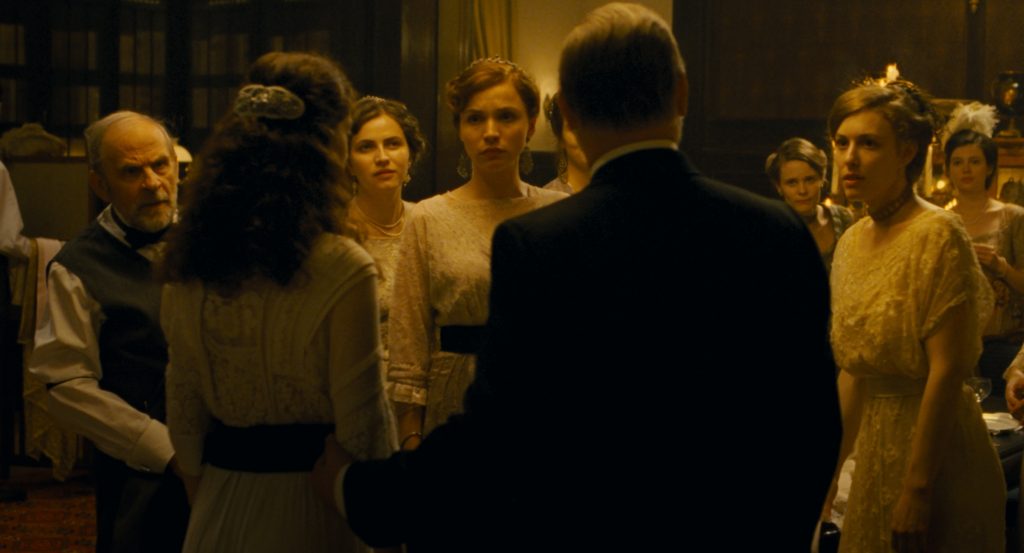
Some have noted that the part of the always intense Írisz doesn’t offer much range for Juli Jakab. But Jakab is able to carry this film in which she’s in every scene, and I admired her performance.
Ivanov is best known for the Romanian masterpiece 4 Days, 3 Weeks and 2 Days, in which he played one of cinema’s most repellent characters, Mr. Bebe, the sexually harrassing abortionist. American audiences have also seen Ivanov’s performances in Police, Adjective and Snowpiercer. Hopefully, Ivanov’s star turn in Hier, which I reviewed for Cinequest, will get an American release.
Nemes, in partnership with his cinematographer Erdély is a peerless filmmaker, but he is not yet a peerless storyteller. I still recommend Sunset, even with its flaws, for its uncommon artistry.


